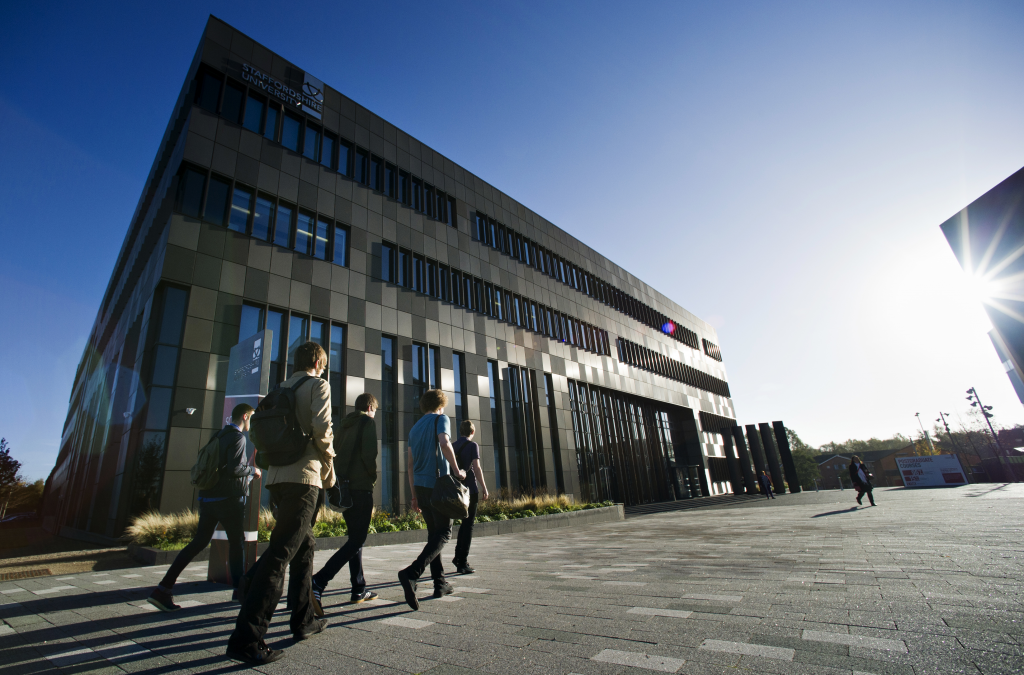At this time of year we often hear of our recent graduate students obtaining employment and being accepted for higher degrees. They clearly impress employers and other HEI’s with their transferable knowledge and skills, some of which they have obtained during their placements, perhaps in hospitals, analytical laboratories and schools. On hearing such news we, as tutors, can look back and remember these students in their first year – and this often makes their achievements even more impressive. Of course, all our students learn more than just biology and transferable skills.
When they enter into employment, they will blend into their new working environment. They will know what to do and how to do it. But as importantly, they will know why to do things and what to do if things go wrong. Much of this has nothing to do with ‘transferable knowledge’. What our students do, right from the first year, is begin to develop the identity of the biologist or professional they are to become. They do not do this through passing examinations where the learning is demonstrated in a decontextualized way. The meaning our students often create is not separate from an experience of practice, but their meaning is constituted through that experience. The experience of practice can be talking to friends and tutors – learning the language of the discipline as much as any practice developed in the laboratories. This is not transferable knowledge – an entity to be owed. This is participatory knowledge, recognised in what people do.
Identity change in students is the outward demonstrable sign of being able to cope with complex learning in complex changing environments. The learning associated with identity, the participatory learning is often unrecognised – this is higher education’s invisible learning.
You can find more information on our Biological and Biomedical Science courses at http://www.staffs.ac.uk/undergraduate/subjects/biological-and-biomedical-sciences/

